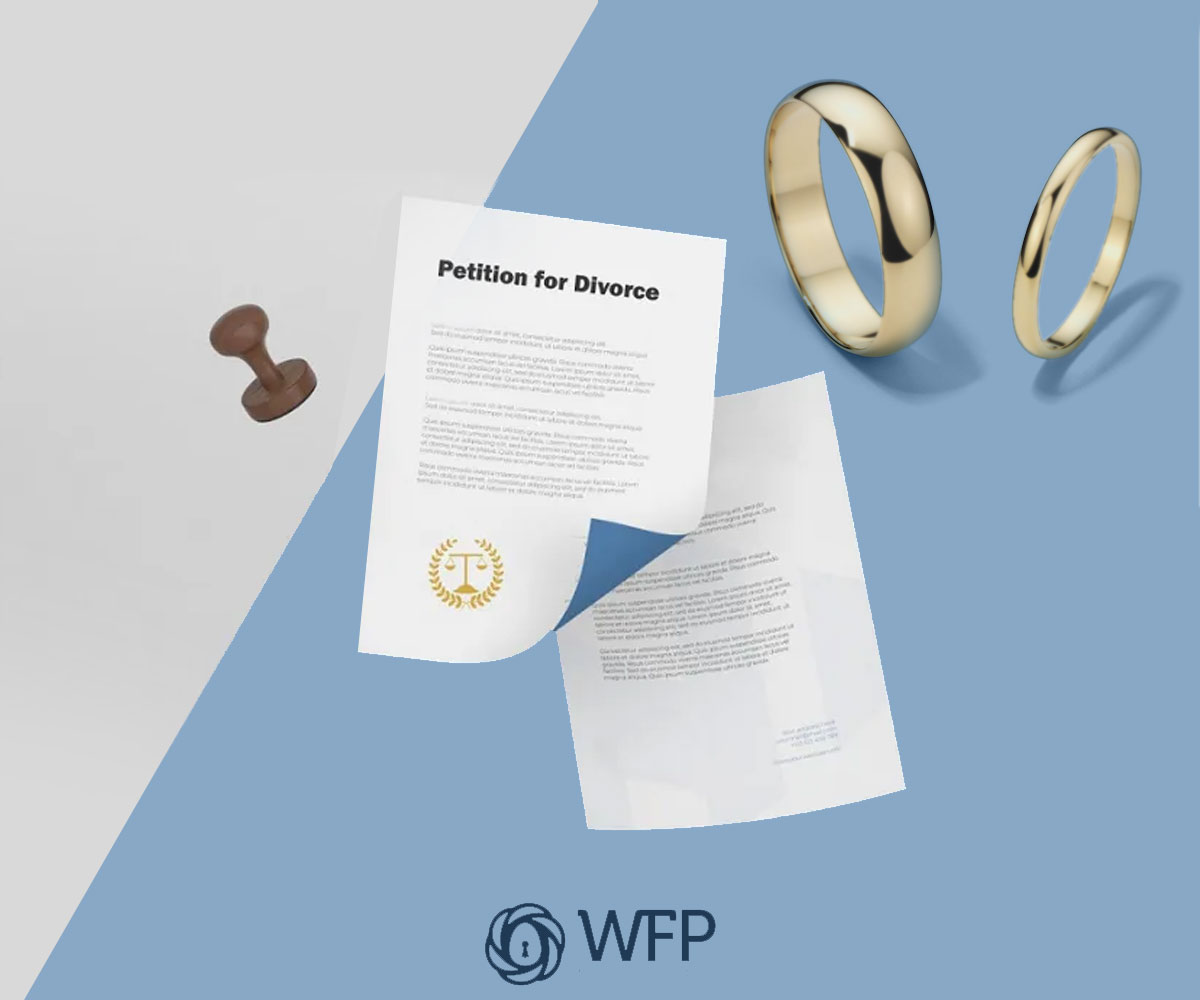Perhaps you’re in a position in 2023 where you have to hire a probate lawyer. Or, maybe you’re just curious about what exactly it is a probate lawyer does. In this article, we’ll explain the ins and outs of probate law, what probate lawyers do, and what to look for in a good probate lawyer. 
What Is Probate Law?
Firstly, probate is a court process. It involves gathering the assets of a decedent (a deceased person), using the assets to pay the decedent’s debts, and distributing said assets to the decedent’s beneficiaries. If someone passes away without a will or trust and has all their assets in their own name, then it is up to the probate court to distribute properties and money. If these assets have joint owners, then probate is not necessary.
Generally, probate follows these steps:
1. A Petition for Administration is filed with various supporting documents, such as a will. If these documents check out with probate court, a Letter of Administration will be sent in response to grant your Petition.
2. Creditors are notified at this phase, and these debtors must file a claim with the decedent’s estate to get paid. If they don’t file a notice, the decedent’s estate could get out of paying the debt.
3. The estate’s personal representative (the same one who filed the Petition and notified creditors) inventories the estate, determining bank accounts, estate valuation, assets, property, and more.
4. The personal representative pays all claims and closes them.
5. The personal representative files an accounting with the courts detailing the value of the estate and what assets it holds after debts have been paid.
6. After accounting is approved, the personal representative distributes the assets according to the will’s instructions.
Above is an overview of the probate process. With that in mind, how can a probate lawyer help you through it?
What Does A Probate Lawyer Do?
Also called an estate attorney, probate lawyers are involved in various ways throughout the probate process, but their main function is to assist and guide the estate’s personal representative. A probate lawyer might take charge of tasks such as:
· Obtaining appraisals
· Assisting in claim payment
· Collecting life insurance proceeds
· Identifying and securing the assets of an estate
· Preparing and filing probate documents the court requires
· Determining if estate or inheritance taxes are owed and paying those obligations
· Resolving any outstanding income tax issues
· Managing the estate’s checking account
· Making final disbursements after debts have been paid
· Transferring assets to appropriate beneficiaries, including handling titling
These are just some of the ways in which a probate lawyer can help you manage your legal affairs. It helps to have a trained professional guide you through probate, as this process is notoriously time-consuming, labor-intensive, and complicated. Going it alone causes more stress than having a lawyer by your side.
Characteristics Of A Good Probate Lawyer.
Not all probate lawyers are created equal. There are those of us in the profession who are reputable and hard-working and those who are, well, not. That said, the Internet is a beautiful thing (sometimes). On it, you can read reviews and do your own research before committing to an attorney.
A good probate lawyer should have, first and foremost, knowledge and expertise. He or she should also be an effective, prompt communicator. Empathy, integrity, and perseverance and three other traits of a good probate lawyer. Make sure to vet your proposed lawyer thoroughly before deciding to become a client of theirs.
Hopefully, this guide will help you in determining whether you need a probate lawyer and who you should consider. If you’re in need of a probate lawyer, contact WFP Law today.

 February was the month of love, and now we’re moving into March, the month of luck. Alas, you’re neither in love or lucky if you’re getting divorced (well, we guess it depends on your situation), and divorce can affect quite a few financial aspects of your life.
February was the month of love, and now we’re moving into March, the month of luck. Alas, you’re neither in love or lucky if you’re getting divorced (well, we guess it depends on your situation), and divorce can affect quite a few financial aspects of your life.